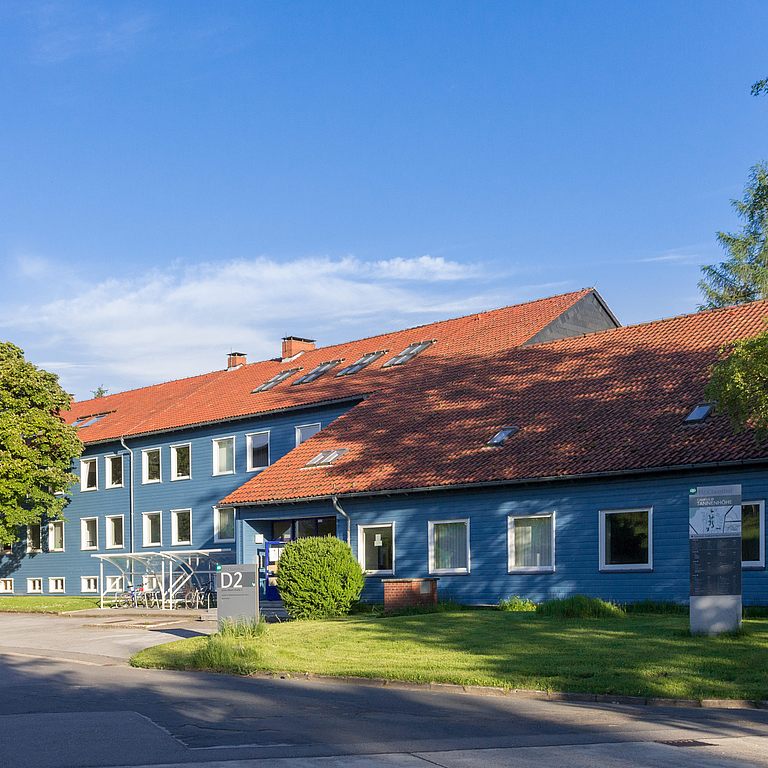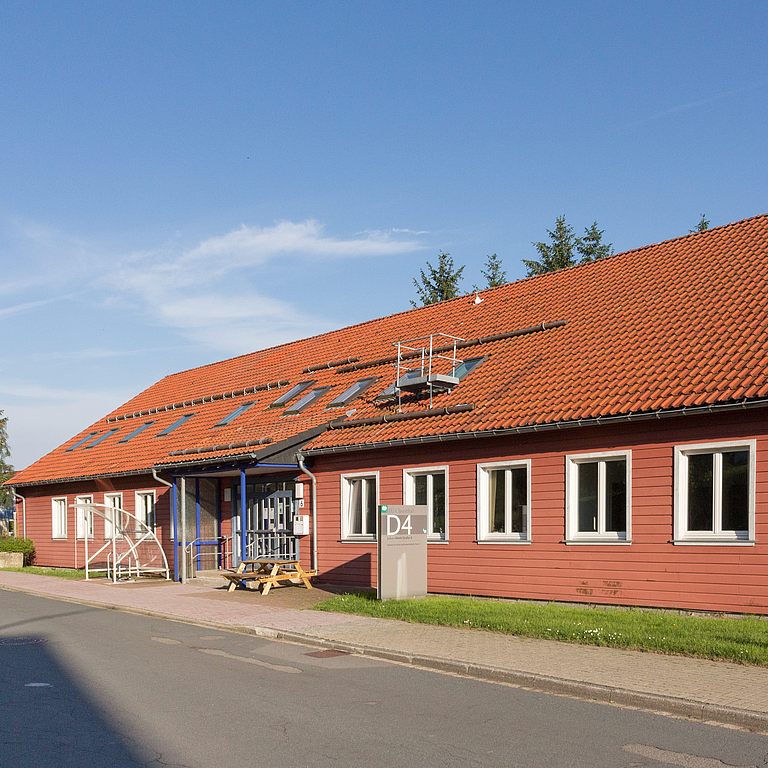Optimization Heuristics I+II
Optimization Heuristics I+II
Learning Objectives:
After attending this course, students will be able to recognize technical-economic problems and to classify them regarding their complexity. They know the basic principles for the construction of heuristic optimization methods and have a sound knowledge of established heuristic optimization approaches. Students are able to independently apply heuristics to solve practical problems.
Contents:
- Complexity of optimization problems
- Heuristic solution methods
- Local search methods (Hill Climbing, Tabu Search, Simulated Annealing)
- Population based methods (Genetic Algorithms, Ant Algorithms, Particle Swarm Optimization)
- Constraint Propagation
- Shortened Enumeration Methods
Literature:
- Domschke, W. (1997): Logistik: Rundreisen und Touren, 4th ed.
- Glover, F., Kochenberger, G. A. (2003): Handbook of Metaheuristics
- Goldberg, D. E. (1989): Genetic Algorithms in Search, Optimization, and Machine Learning
- Hoos, H. H., Stützle, T. (2005): Stochastic Local Search – Foundations and Applications
- Michalewicz, Z. Fogel, D. B. (2004): How to Solve It: Modern Heuristics
![[Translate to English:] [Translate to English:]](/fileadmin/_processed_/a/6/csm_Frohe_Weihnachten._und_ein_gutes_neues_Jahr_85a4bc8b6f.png)

